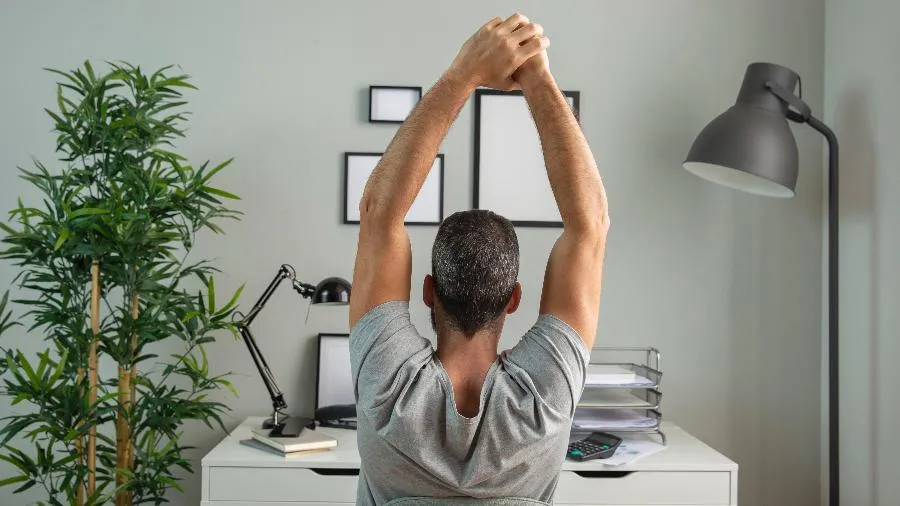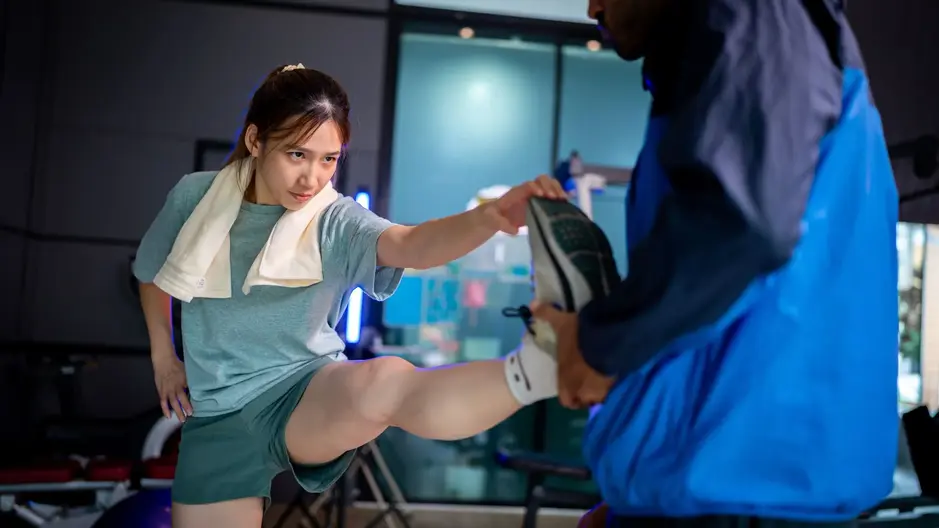Standing, walking or running without falling over are pretty common actions we do on our daily basis. And we do take it for granted until we start losing our balance. Some people don’t take it as seriously, but having balance and coordination are very important to our body functions.
Many of us don’t realize how important balance is until it starts to be affected. Of course we recognize that for athletic people it is a pretty great skill, but in fact it is important for every single one of us.
And our balance and coordination are controlled by several parts of our body, including eyes and ears, that pass on the information through the nerves to muscles, so they can move around properly.
For most people, these responses are quicker and they react simultaneously to stimuli than for those who have been experiencing some trouble with balance. Balance is not just important for athletes; it’s vital for everyone. It’s controlled by a complex system involving our eyes and ears, which send information through nerves to our muscles, orchestrating our movements.
But how we loose balance?

You already know that the eyes and ears send the input to send throughout the body the right signals to react to situations and it is a really fast response to the stimuli. Balance is a delicate dance of responses and stimuli. When eyes and ears pick up signals, they’re quickly processed by the brain. For this to happen effectively, our neurological system must function seamlessly, and our body’s structure needs to be aligned.
So, considering there is a pinched nerve, for example, the response will not be accurate and the signal will not be delivered. If these two systems don’t work at the same time and are off in some way, your balance and coordination will probably be compromised.
But there are other causes that can decrease your balance and coordination as well. Let’s see some of the most common ones, including:
Spinal Misalignments / Pinched Nerve
As we’ve talked above, that is like a disruption in brain-muscle communication due to spinal issues.
Age
As we grow older, our bodies start to suffer from wear and tear, and the bad spinal alignments and/or poor musculoskeletal health can cause problems with balance, increasing the risks of falling over.
Also, conditions like arthritis and osteoporosis are more common in elderly people and can affect their balance and mobility. The National Institute on Aging has some research about the balance issues, an you can read it here.
Inner ear dysfunctions
Having problems in the inner ear can also affect the balance. Vertigo is one of the most common ones and can cause dizziness.
There are other conditions, diseases and cases that can lead you to balance problems, like alcohol abuse, multiple sclerosis, muscle weakness, poor posture, lyme disease, head trauma ,tumors, space occupying lesions and a lot more.
If you are experiencing any kind of problem with your balance, you should go see your care provider to understand what’s happening to your body. You can read more about that in this WebMD scientific article called “What causes balance issues in older adults?”
Can Chiropractors Help With Balance?

Yes. Here at Prestige, we’re specialized in treating spinal misalignments and subluxations with chiropractic care. And to correctly treat problems with balance, it is pretty important to restore the proper alignment of your musculoskeletal system if it is indeed the misalignment causing your balance issues.
The chiropractor will first locate the area that has been affected by performing some orthopedic and neurological tests as well as mobilization tests to better understand where your misalignment may be. It’s only to understand where the problem is and how to properly fix it.
Our Approach:
- Diagnostic Tests: Orthopedic, neurological, and mobilization tests identify the affected areas.
- Chiropractic Adjustments: By restoring joint mobility, your body can communicate effectively with your spine, sending the correct signals to your muscles. Common areas of adjustment include the neck and lower back.
- Whole Body Assessment: We check for any nerve blockages that might be contributing to balance issues.
- Postural Exercises: Alongside spinal manipulations, we recommend postural exercises to further improve balance and posture.
If you have any questions or need help with your balance problems, come to Prestige. We’ll evaluate your case and trace the right treatment plan for you. If you have any other adjustment questions, you can also click in this link of Mayo Clinic to understand further.




